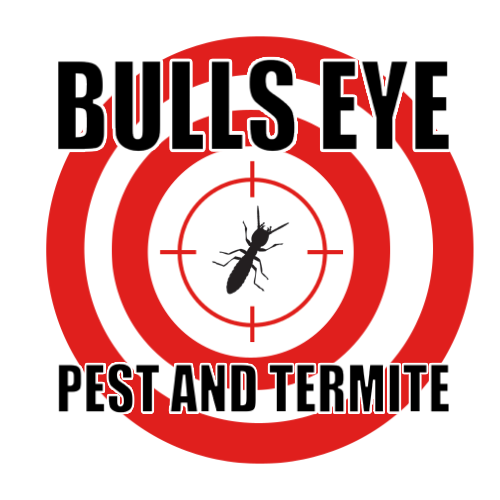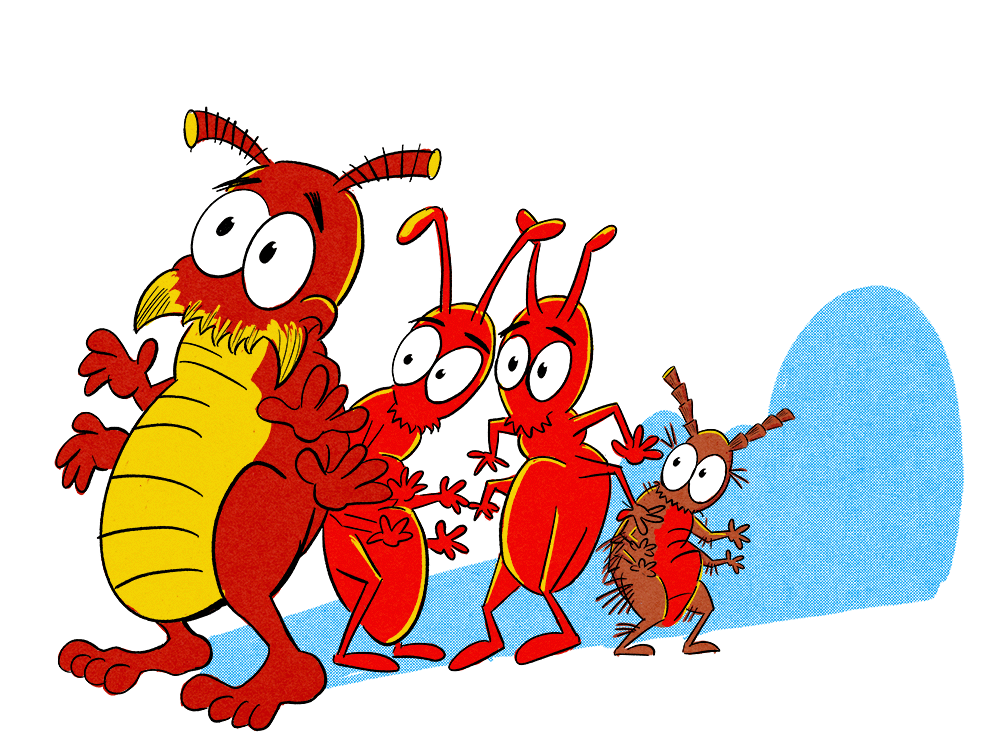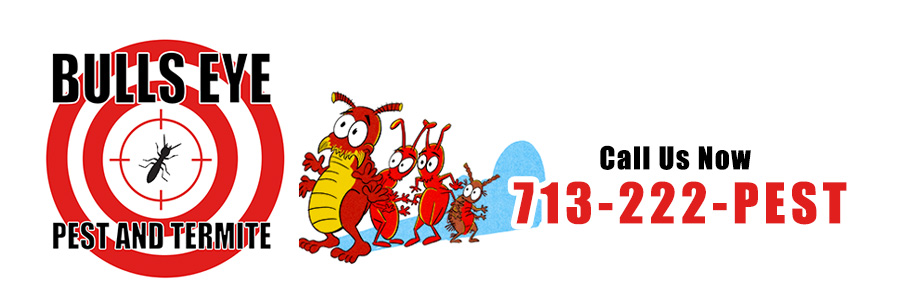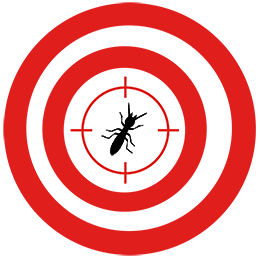Houston Pest Guide: Mosquitoes
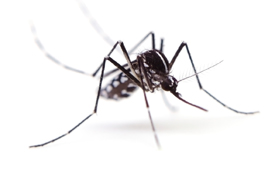
There are over 3,600 species of mosquitoes across the world, each of which shares a single defining characteristic: they feed by sucking blood from other animals. Of all of these species mosquitoes, 85 are known to live in Texas, which is more than enough to make them a significant pest problem. Their bites are itchy and irritating, and they can swarm in numbers large enough to make an evening outdoors highly unpleasant.
Mosquitoes are an almost a year-round pest in Houston. Mosquitoes become dormant in cold weather, meaning in Houston they will only usually disappear in the cooler parts of January and early February.
Houston is also a nearly perfect breeding ground for Mosquitoes. Mosquitoes prefer a humid climate, which Houston definitely has. Mosquitoes also lay their eggs in standing or stagnant water, which can be found in great abundance in the Houston area. Some species found in Houston will even lay their eggs in damp soil, and these eggs will then lay dormant until the area floods. That's why a year of drought followed by a year of rain usually means a particularly bad mosquito season in Houston, because then the city gets a double dose of new mosquitoes.
Once Mosquito eggs hatch, they become larvae. In this stage of its life, the mosquito is small and worm-like and lives floating near the surface of the water, feeding on passing organic matter and breathing through a tube it extends to the surface. Mosquito larvae are visible to the naked eye as transparent squiggles floating at the top of stagnant water. The mosquito will remain in this state for several days, before sinking to a safe place below the surface of the water and forming a hard cocoon. After several days in the cocoon, the adult mosquito rises to the surface of the water, its body hardens and its wings dry, and the mosquito takes flight and after several days will begin to seek out blood to feed upon. After they have fed, mosquitos will mate.
Are Mosquitoes Dangerous?
Mosquitoes are known carriers of some very dangerous diseases. Because they feed on blood, they have the ability to literally inject these diseases directly into the bloodstream.
Diseases known to be carried by mosquitoes in Texas include:
- Chikungunya
- Dengue
- Eastern Equine Encephalitis
- Malaria
- St. Louis Encephalitis
- West Nile
- Western Equine Encephalitis
- Zika
All of these diseases can be serious, and some may even potentially be deadly.
How Do I Control Mosquitoes Around My Home?
Controlling mosquitoes can be a challenge. Mosquitoes can fly for extended distances, and they are solitary insects, so there is no single nest that can be destroyed. Reducing the overall mosquito population is the most effective way of reducing the number of mosquitoes around your home. Each female mosquito can lay as many as 200 eggs at a time and will mate multiple times during her life. Some estimates say that at the height of the breeding season, an area in a suitable climate can contain over one million mosquito eggs per acre.
Because mosquito breeding is dependent upon having access to standing water, eliminating this wherever it is found around your home is a first step in helping to reduce the mosquito population.
- Make sure any outside flowerpots, lawn ornaments, or anythings else water might collect are drained.
- Clean your gutters regularly to keep standing water from gathering.
- Regularly change the water in outside pet food bowls or birdbaths.
- Immediately drain any container where you see mosquito larvae floating.
Request a Quote
713-222-PEST (7378)
By submitting, you agree to receive occasional text messages or emails for appointment reminders and promotions from Bulls Eye Pest and Termite. To opt-out reply STOP at any time. Msg & Data rates may apply.
What Our Customers Are Saying
Great job as always
Sid
Justin did a great job treating the house. He was very professional and nice.
Courtney
Everyone from the office staff to the technician that came out to house were friendly and professional. They communicated through the whole process and were very informative. My initial service went so well that I signed up for their quarterly service and mosquito control. Pricing was great! I won't use anyone else. If you are reading this, call them today. You will not be disappointed.
Mike
Thumbs up
David
